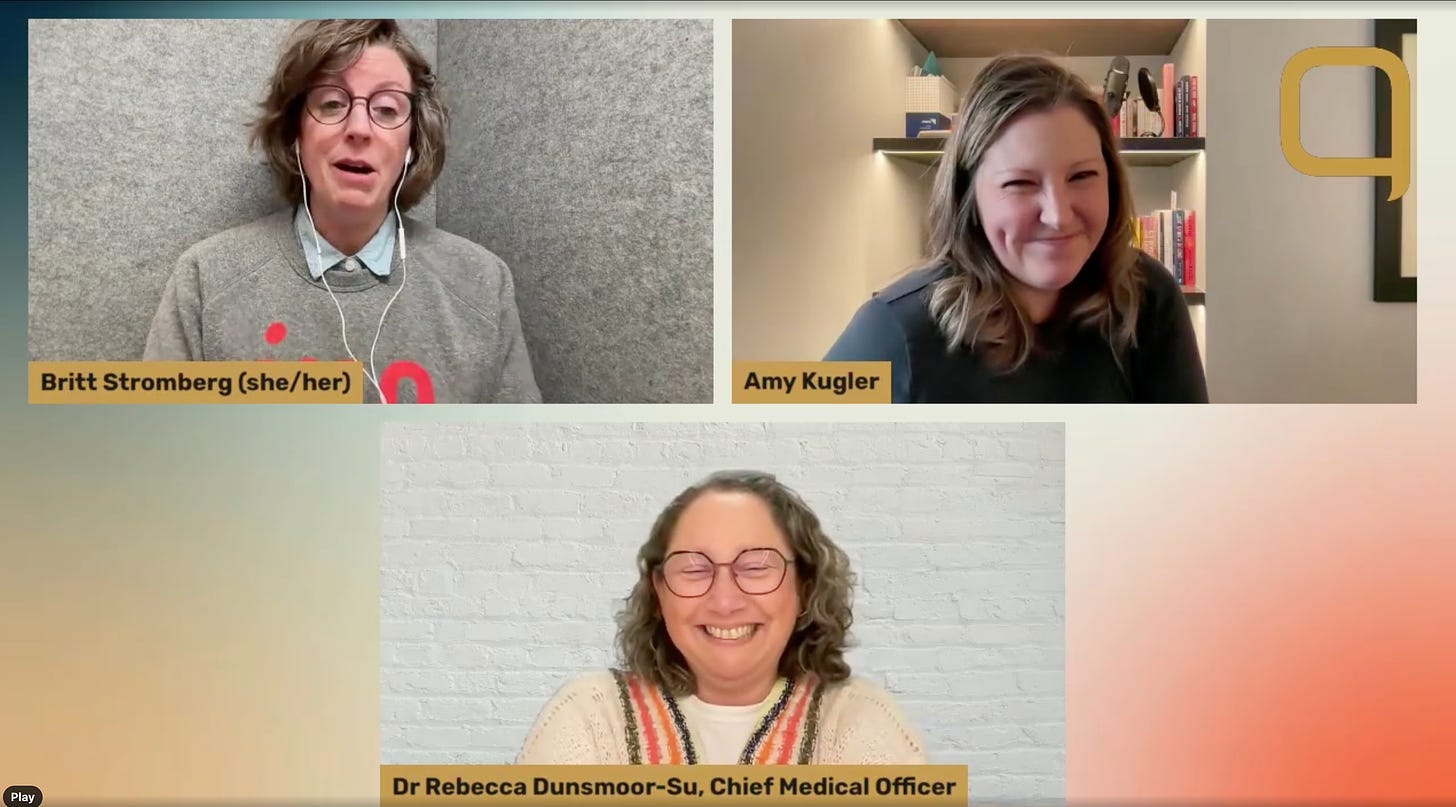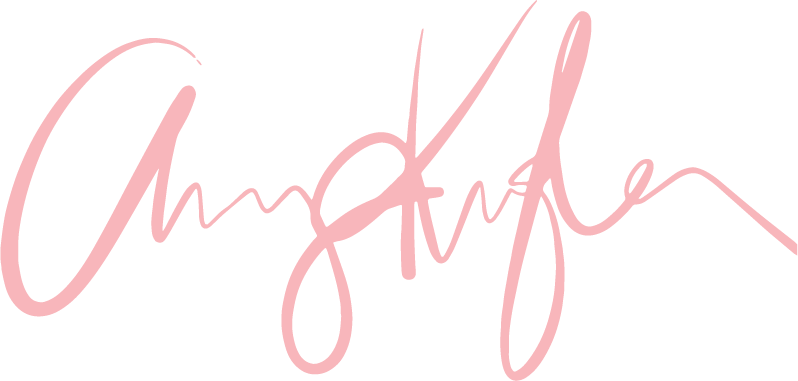
On a crystal clear Seattle summer morning in July 2020, I took an almost two-hour-long walk with a friend around our hilly Queen Anne neighborhood. Armed with masks and standing a safe distance apart, we looped around the neighborhood where I dropped off Brendan for his newly reopened daycare within their adjusted school schedule. I had been laid off a few months prior, I had become adjusted to solely caring for Brendan - this new change in schedule was a shift. My whole life felt like tectonic plates were shifting below my feet, splitting me in two.
In many ways, I felt like I was leveling up by pivoting my career. I justified the discomfort by saying that the experience of being laid off and subsequent whiplash was “building my resilience.” I remember the inquisitive, uncertain look on her face. It was like she wasn’t sure whether she wanted to call me out of my pollyanna coating of the fact that I was in the thick of building a new scaffolding of a career foundation or if she should just be present and let me verbally process.
“Is it resilience or is it just a great time to chart a new path?” she asked. I truly didn’t know.
If you asked the 2020 version of Amy about the primary value she wanted to instill in her child, it was resilience. Coming from the health and wellbeing industry, resilience was the “it” word. We wanted workplaces filled to the brim with “resilient” employees. We needed “resilient” strategies to weather any storm with clients or subscribers. We craved a good story of the unlikely hero whose “resilience” carried them into glory. (We still love that story, if we’re honest.)
Even the definition of resilience is sharing a story of oppression:
re·sil·ience (/rəˈzilēəns/), noun:
the capacity to withstand or to recover quickly from difficulties; toughness.
the ability of a substance or object to spring back into shape; elasticity.
Even with my relative privilege and the professional and personal opportunities I had, I still believed that resilience was the holy grail of traits to cultivate in the family we were building.
So yes, I wanted my family to be “resilient.” I wanted them to know adversity and be able to overcome it. I prized that quality, mostly because I felt like I had been pushed to my brink throughout my career and believed I was stronger because of it.
And now, I’m dancing - no, wrestling - with the question of whether there is a third way.
It didn’t hit home until I was talking with
for this week’s episode of And More about burnout and overwhelm we often had as a result of a cocktail of parenthood pressures, ambition to build a business, the realities of living in a world riddled with war and oppression - the list goes on. I often thought the anecdote to burnout and overwhelm was resilience, and that showed up in me trying to strong-arm plans into being or convincing clients to agree to big projects. Resilience meant that I’d either try to pressure-fit plans into place or “rip off the bandaid and pray” as we tried new experiments with both my business and parenting techniques.I don’t recommend trying to pressure-fit a small strong-willed child into doing what you ask them to do. I also don’t advocate for muscling your way into a world or business that isn’t aligned. Trust me, it doesn’t work.
Looking back, I’d say I’d earned a black belt in “resilience,” but why did it feel like it was a badge of honor?
Resilience is the outcome of living in a world that isn’t aligned with you. We have to be resilient daily because we live within a patriarchy, fighting for basic things like human rights and bodily autonomy.
I caught myself talking about our “resilience” with Dave as we navigate a path toward getting me hearing aids - a bridge that I don’t want to cross, but one that’s both completely necessary and made excruciatingly painful by insurance companies. We’ve both asked for clarification from our insurance provider despite a new law requiring it to be covered. We’ve scoured our insurance provider for information on how to lessen the financial impact (did you know they generally cost $2k per ear??). We’ve spent countless hours on the phone, jumping through hoops and scouring legal documents. In tears last Friday, I simply closed my eyes and repeated “It doesn’t have to be this hard.”
We’re not supposed to be resilient. We’re supposed to be living with freedom. I realize that, as a cis-gendered white woman, I’m saying this from a place of immense privilege. And if this is the world I have to navigate, I think all the time about how much harder is it for Black and brown women and non-binary individuals. My heart breaks for those I know undergoing chemotherapy at such a young age. Look around our lives and we’ll see hurt and pain that makes no sense. Before we come up with the “that’s life, it’s hard”
I still come up with the same refrain:
It isn’t supposed to be this hard to put food on the table, afford childcare, find medical care, and connect with others so that our mental health is strong.
Resilience isn’t an accolade. I don’t want to “build my resilience” like I thought I did four years ago. I’m trying to find that third option - building something that allows me to stand in my strength and show how alignment and success can be possible.
My 3 Favorite Things
I’m unwinding from today’s first-grade field trip chaperone experience with these essentials!
Must Watch:
has literally lit things up with her first two episodes of the podcast. I’m loving every moment of the video with Dr. Poojma Lakshmin on burnout.Must Try: We’ve recently subscribed to Curious Elixirs, booze-free craft cocktails, infused with adaptogens to help you unwind. I’ve been alcohol-free for a few months now (thanks to perimenopause and a change in anxiety meds), and I’m amazed at how amazing these taste! I’m a big fan of No. 3 and No. 5. You can order with our code here for 10% off. (Not an ad, we just love them.)
Must Watch: The Holderness Family is hilarious, and their latest video on Perry Menopause kept me going last week.
ICYMI
I had the honor to talk about my story with Gennev’s CMO Dr. Rebeccca Dunsmoore-Su on LinkedIn Live last week! You can watch the whole conversation here.
Onward and upward, my friends. Here’s to a new week of asking the hard questions and peeling back the layers. We’ve got this!






Great advice! Women need to not feel guilty when they ask for help from friends, relatives and workplace!